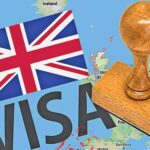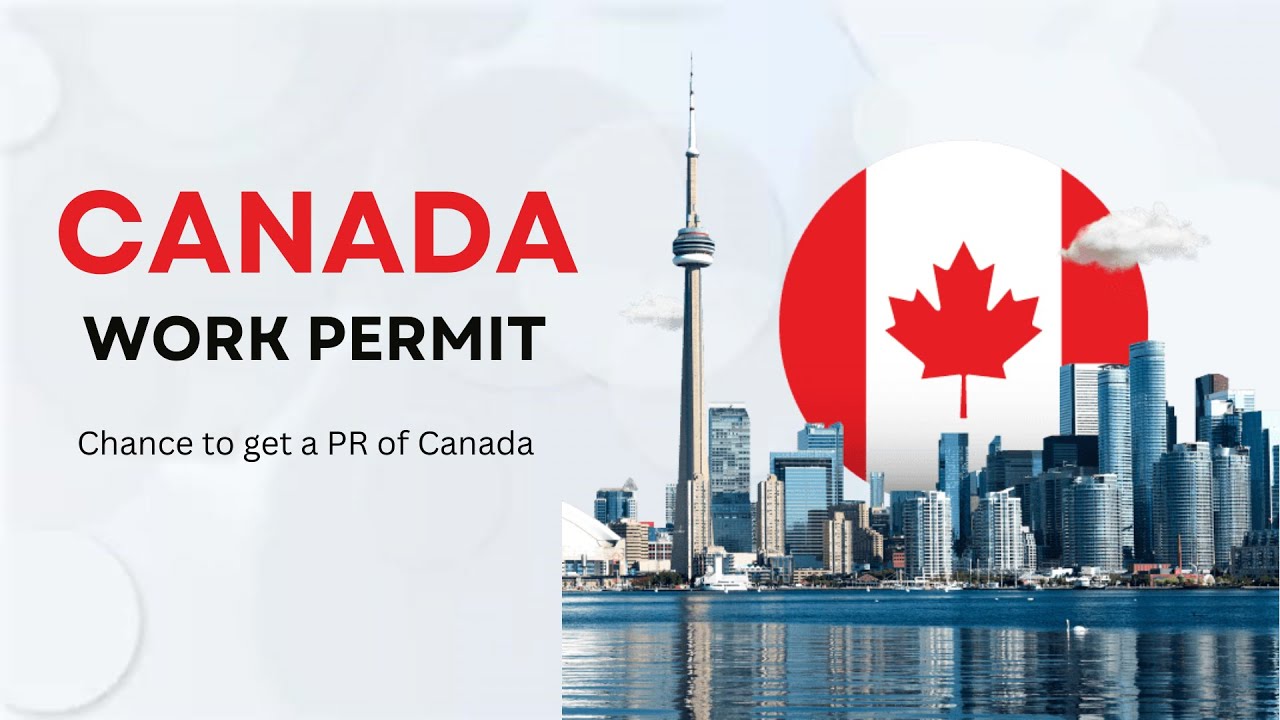Comprehensive Guide to Job Requirements in Canada – Canada is renowned for its vibrant and diverse job market, attracting talents from all over the globe. With a robust economy and a welcoming immigration policy, it’s no surprise that many professionals aspire to work in this North American country.
This article provides a detailed overview of the job requirements in Canada, helping potential job seekers navigate the Canadian job market effectively.
1. Language Proficiency
One of the primary requirements for most jobs in Canada is proficiency in either English or French. Depending on the region, proficiency in one of these languages is essential, while knowledge of the other is a significant advantage.
For instance, Quebec predominantly uses French, while the rest of Canada primarily uses English. Comprehensive Guide to Job Requirements in Canada.
IELTS and CELPIP: For English, the International English Language Testing System (IELTS) and the Canadian English Language Proficiency Index Program (CELPIP) are widely accepted. Achieving a high score in these tests is often mandatory for both immigration and employment purposes.
TEF and TCF: For French, the Test d’évaluation de français (TEF) and the Test de connaissance du français (TCF) are the standard tests. Proficiency in French can be a critical factor, especially for jobs in Quebec and bilingual positions across the country.
2. Educational Credentials
Canada places a high value on education, and having recognized educational qualifications is crucial for job seekers. Foreign degrees need to be assessed and accredited to ensure they meet Canadian standards.
Educational Credential Assessment (ECA): This assessment, conducted by designated organizations like World Education Services (WES), determines the equivalence of foreign degrees with Canadian qualifications. An ECA is often required for immigration and for certain professional jobs.
3. Work Experience
Relevant work experience is another key factor that Canadian employers consider. The nature and amount of experience required can vary significantly across industries and job roles.
Proof of Work Experience: Applicants may need to provide detailed documentation of their work history, including reference letters from previous employers, detailed job descriptions, and evidence of skills acquired.
4. Professional Certification and Licensing
Certain professions in Canada are regulated, meaning they require specific certification or licensing to practice. This is common in fields such as healthcare, engineering, law, and education.
Regulated Professions: For instance, engineers must be licensed by a provincial or territorial regulatory body. Similarly, healthcare professionals, such as doctors and nurses, need to be certified by relevant authorities.
Professional Associations: Joining professional associations can also be beneficial. These organizations often provide networking opportunities, job listings, and professional development resources.
5. Soft Skills and Personal Attributes
In addition to technical qualifications and experience, Canadian employers highly value soft skills and personal attributes. Effective communication, teamwork, problem-solving abilities, and adaptability are crucial in the Canadian workplace.
Cultural Fit: Employers look for candidates who align with the company’s values and culture. Demonstrating an understanding of Canadian workplace etiquette and norms can significantly enhance job prospects.
6. Networking and Job Search Strategies
Effective networking is critical in Canada, where many job opportunities are not advertised publicly. Building a strong professional network can help in discovering job openings and securing interviews.
LinkedIn and Professional Networks: Using platforms like LinkedIn to connect with industry professionals, join groups, and participate in discussions can be highly advantageous.
Job Fairs and Networking Events: Attending job fairs and industry-specific networking events allows direct interaction with potential employers and industry peers.
7. Resume and Cover Letter Standards
Canadian employers expect job applications to adhere to specific standards regarding resumes and cover letters. Tailoring these documents to fit Canadian norms is essential.
Resume Format: A typical Canadian resume is concise, usually no longer than two pages, and focuses on relevant experience and skills. It should include a clear objective, professional summary, and quantifiable achievements.
Cover Letter: A well-crafted cover letter should complement the resume, providing a narrative that highlights the candidate’s suitability for the job. It should be personalized for each application, addressing the hiring manager directly.
8. Job Portals and Recruitment Agencies
Utilizing job portals and recruitment agencies can enhance the job search process. Several platforms cater specifically to the Canadian job market.
Popular Job Portals: Websites like Indeed, Monster, and Workopolis are popular for job searches. The Government of Canada’s Job Bank is also a valuable resource.
Recruitment Agencies: Agencies can provide personalized job search assistance, matching candidates with suitable job opportunities based on their skills and experience.
9. Immigration Programs and Work Permits
Understanding Canada’s immigration programs is crucial for foreign job seekers. Several pathways facilitate the transition to working in Canada.
Express Entry System: This points-based system is designed for skilled workers. It includes the Federal Skilled Worker Program, the Federal Skilled Trades Program, and the Canadian Experience Class.
Provincial Nominee Programs (PNPs): Each province has its own PNP, targeting specific skill sets needed in the region. These programs can lead to permanent residency.
Work Permits: Temporary work permits, such as those under the Temporary Foreign Worker Program (TFWP) or the International Mobility Program (IMP), allow individuals to work in Canada for a specified period.
10. Employment Standards and Workplace Rights
Awareness of employment standards and workplace rights is essential for all workers in Canada. These standards ensure fair treatment and protect workers’ rights.
Minimum Wage and Working Hours: Each province sets its minimum wage and regulations regarding working hours, overtime, and breaks.
Health and Safety: Employers are required to provide a safe working environment. Workers have the right to refuse unsafe work.
Discrimination and Harassment: Canadian laws prohibit workplace discrimination and harassment. Employees have the right to a respectful and inclusive workplace.
11. Adapting to the Canadian Work Environment
Successfully adapting to the Canadian work environment involves understanding and embracing its unique aspects.
Work-Life Balance: Canadians value work-life balance, and many workplaces offer flexible working arrangements and emphasize the importance of personal time.
Diversity and Inclusion: Canada prides itself on being a multicultural society. Employers are committed to fostering diverse and inclusive workplaces.
Continuous Learning and Development: There is a strong emphasis on professional development. Employers often support ongoing training and skill enhancement. Comprehensive Guide to Job Requirements in Canada..
12. Conclusion
Navigating the Canadian job market requires a comprehensive understanding of its requirements and standards. From language proficiency and educational credentials to work experience and professional certification, meeting these criteria is essential for success.
Additionally, effective networking, understanding workplace norms, and utilizing job search resources can significantly enhance job prospects. By preparing thoroughly and adapting to the Canadian work environment, job seekers can achieve their career aspirations in this dynamic and welcoming country.
Canada offers immense opportunities for those willing to invest the time and effort to meet its job requirements. With a clear strategy and a proactive approach, landing a job in Canada can be a rewarding and life-changing experience. Comprehensive Guide to Job Requirements in Canada…








